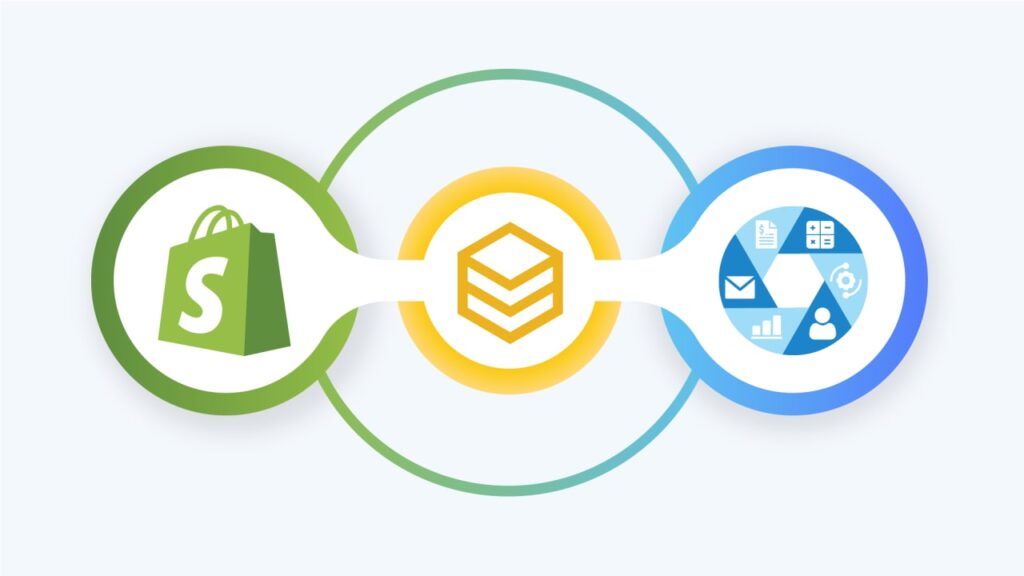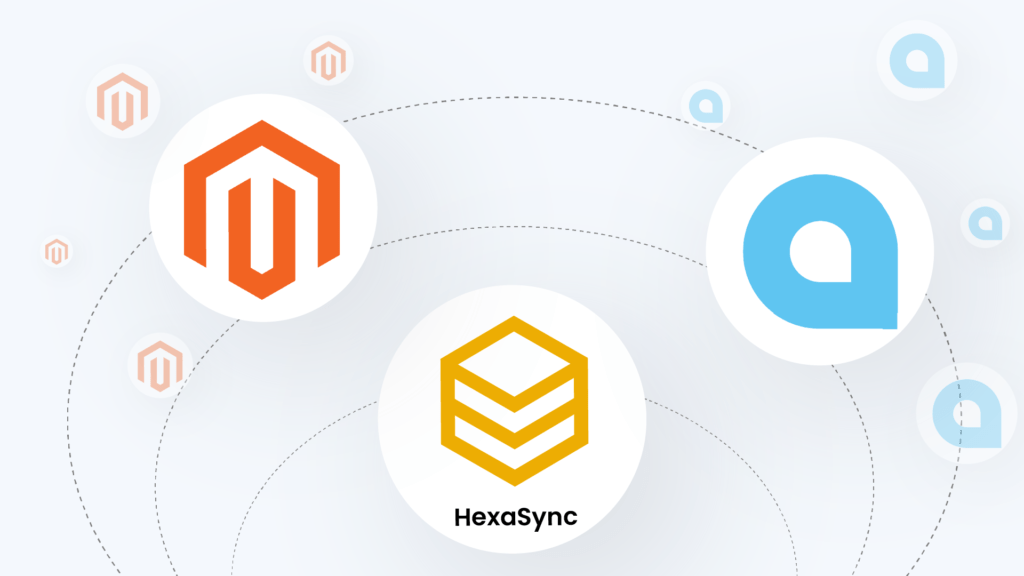ERP brings many benefits to the development of businesses, but not all businesses are successful when implementing it. One of the most significant barriers to success for businesses is a lack of an appropriate ERP strategy. Therefore, it can be entirely avoided by spending more time on this stage. Take time to read this article to learn how to create a successful strategy.

Table of Contents
What is an ERP Strategy?

Before we talk about it, make sure you know what is ERP and its related information. Our Global ERP Reviews will give you an in-depth knowledge of the word ERP.
ERP strategy is a guideline that includes steps on how companies deploy and apply ERP systems. It defines the rules and roadmap that will control the implementation and use of ERP. This strategy should be applied before, during, and after using ERP in your business. Most importantly, an ERP strategy must support business strategy and adapt to changing business needs and technology.
ERP implementation seems complex. Therefore, you need to plan and execute it carefully. Before doing everything, preparation is the key to success. Take traveling as an example. Before traveling, you need to prepare clothes, estimate expenses, book tickets, rooms, etc. ERP strategy is similar. A good ERP implementation will help you achieve huge success.
An ERP implementation strategy includes:
- Setting up the software.
- Moving your data over to a new ERP system.
- Configuring the business processes for users.
When Do We Need to Implement an ERP Strategy?

First, we want you to know exactly when to implement an ERP. Franky said, “There will never be a perfect time to implement an ERP”.
ERP can be applied to companies from small to multinational corporations. Before you make any decisions, start to answer five questions that may help you know when it’s the right time to implement an ERP system for your business:
- How accurate is your business data?
- Are your business systems connected?
- Is your company growing?
- How satisfied are your customers?
- Do you need to reduce costs?
By answering these questions, you can already decide whether to implement an ERP or not.
Next, let’s return to the question of when you need to implement it. An ERP strategy is essential for businesses in establishing how to react and perform when setting up an ERP system. So when you are intending or are implementing an ERP system, you immediately need an ERP strategy. The best time to create an ERP strategy is before implementing it. However, it is entirely possible to develop a plan even after implementing an ERP. Of course, the earliest time is now.
Currently, Covid-19 has brought many changes worldwide.
Take an example in the supply chain. It affects customers, retailers, suppliers, and factories. Customers increase hoarding, shifting from the traditional habit of shopping in stores to shopping online. The retailer quickly ran short of essential items but had a surplus of other things. Wholesalers also suffered from short-term shortages of essential commodities, making it challenging to manage inventory.
Therefore, putting in place the right ERP strategy as soon as possible becomes even more necessary in the new environment affected by the pandemic.
What are the Benefits of Having the Right ERP Strategy?

The good news is that if you have the right ERP planning, your business can acquire many advantages as follows:
Strong data management
If your business is growing and changing, maybe you find it difficult to manage the workflow such as collecting, processing, and distributing data efficiently, and consistently, avoiding duplication, and saving time to meet the needs of overall management.
When you have a well-planned ERP Strategy, you can have robust data management which is easy to track and monitor.
IT effectiveness
The right ERP strategy reduces implementation complexity, so it doesn’t make it difficult for the development team to learn and fix when something goes wrong.
In addition, you can save time and costs on system support, training, and IT infrastructure by integrating your ERP system with other management systems. To know more about ERP Integration Strategy, go to the end of the article.
Save time and money
A good ERP strategy can save you money in ERP implementation, reducing the possibility of going over budget. In addition, an integrated ERP system reduces your costs and spends less time managing and resolving human errors.
Although creating a strategy takes quite a lot of effort and cost due to its complexity. However, you have saved yourself a lot of time and money in the long run.
ERP Strategy Best Practices
As mentioned, having the right ERP planning will bring you many benefits. However, it’s not uncomplicated to choose the right one. Your business may face risks or problems, so learn about some keys that may help you avoid them.
A Right ERP Strategy Should Have:
- Potential vendors: Start by looking for a list of the Top 10+ ERP systems in 2021 and evaluating them to make sure you choose the best one for your business and wallet.
- Business goals: How can an ERP Implementation help? What do you want to achieve? You should constantly ask questions to choose a provider that works for your business.
- Software requirements: you need to describe what your business needs, what to do, the services it provides, and the constraints on its operation. ERP can help with analytics, marketing, and finance.
- Implementation strategy: You need to create a detailed timeline from the beginning to the end of your ERP implementation to best prepare for possible changes and the transition to the new system.
- Business processes: Enterprise business processes including Supply Process, Production process, and Selling process.
- Business and technical architecture: Business architecture represents holistic, multi-dimensional business perspectives on capabilities, end-to-end value delivery, information, organizational structure, relationships, etc. Technical architecture is the process of designing computer systems, which is responsible for implementing and maintaining IT systems for business customers.
- Deployment strategy: make a plan that changes or upgrades an application without downtime in a way that the user barely notices the improvements.
Like any other system, your business can face ERP implementation challenges. To help enterprises overcome these 7 common ERP Implementation Challenges, Beehexa offers thorough ERP implementation and consulting services for companies seeking an excellent business system. Acumatica, MS, and SAP are popular ERP systems that Beehexa has successfully conducted for global clients. If you are interested in ERP implementation, don’t hesitate to contact us for more details.
How to Approach an ERP Integration Strategy?
What is ERP Integration?
ERP Integration is the process of connecting and synchronizing your ERP system with other business applications such as CRM (Customer Relationship Management), POS (Point-of-Sale), eCommerce platforms, etc.
ERP integration strategy connects different business applications and the ERP, giving you a unified view of data in real time. An integrated ERP system can increase the efficiency of business processes and workflows and revenue. However, integration can be complex, so taking the right approach is essential.
Beehexa – Proficiency in ERP Integration

Now that you know what ERP Integration is and its benefits, let’s see how Beehexa can help integrate your data.
Different management software is needed for various needs to manage a business effectively. For instance, your HR department can use HRM (Human resource management) to efficiently manage recruiting, appraisal, expenses, leaves, and attendance. In a similar case, you need Trell, the Project Manager, or Basecamp to collect projects data, etc. As it is clear that data collection and management on different software leads to complexity and time-consuming when data is discrete.
That’s why Beehexa builds the HexaSync integration platform. We use HexaSync to integrate your ERP system with other business management systems, software, or platforms. HexaSync synchronizes data between your ERP system with your eCommerce, CRM, BI, Project Management, and HR. This integration turns discrete data into a unified system that makes it easy for businesses to manage and eliminate duplicate data.
Final Words
Implementing an ERP system is not a short-term strategy that must be determined in the medium and long-term strategy. Currently, many businesses face difficulties due to the consequences of the Covid pandemic. Therefore, they should consider and set deployment priorities appropriately to the current situation and their strategic goals to deploy and use an effective ERP system.
Contact us to learn more about HexaSync – an excellent product for your ERP Integration Strategy. We will give you advice and a demo that will guide you on using our product to help automate the data-sharing process and reduce the possibility of human error.















































